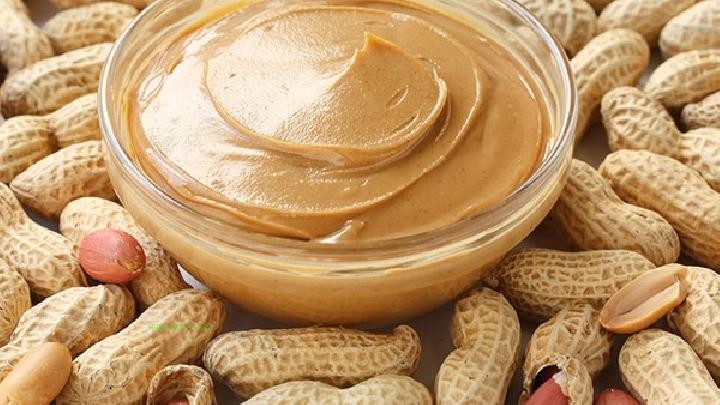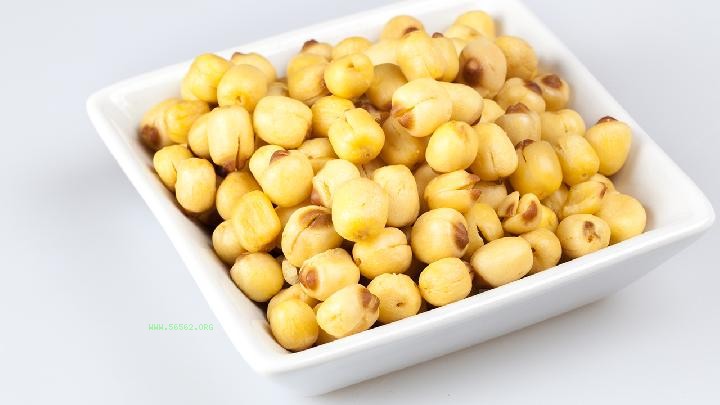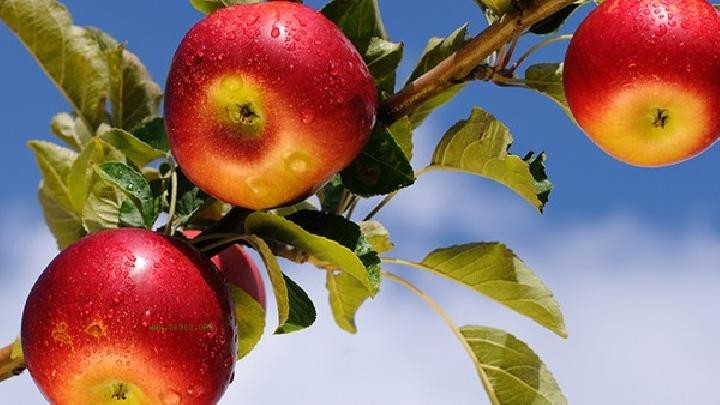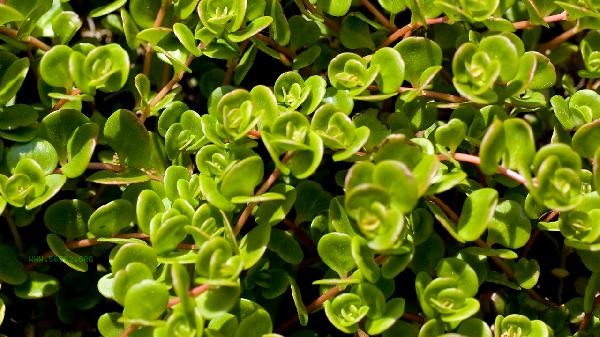The reason why our stomach experiences various discomfort symptoms is usually due to dietary problems, so to nourish the stomach, don't take any medicine, just pay attention to your diet. Today, the editor will share with you 7 foods that nourish the stomach and the principles of dietary nourishment.
These 7 foods are the most nourishing for the stomach:
Cabbage
has the effects of strengthening the spleen and stomach, relieving pain, detoxifying and reducing swelling, clearing heat and promoting diuresis. It can be used for chest tightness, thirst, sore throat, urinary obstruction, hearing loss, poor sleep, joint dysfunction, and abdominal pain caused by internal heat. Its components such as vitamin C have analgesic and ulcer healing effects. Cabbage cooked with Job's tears, tangerine peel, and honey can be used to treat bloating and pain in the epigastric region, bloating in the upper abdomen, and ulcers in the stomach and duodenum. When cooked with adzuki beans, winter melon, and rock sugar, it can reduce swelling and promote diuresis. People with loose stools and weak spleen and stomach should not eat too much. Spinach has a sweet and cool taste, which can moisturize and nourish the liver, promote digestion, and relieve constipation. According to the "Dietary Therapy Materia Medica," spinach is known for its benefits to the five organs, digestive system, and detoxification. Spinach can promote secretion in the stomach and pancreas, increase appetite, and aid digestion; Rich fiber can also help with intestinal peristalsis and facilitate bowel movements. However, spinach has a high content of oxalic acid, which hinders calcium absorption. It should be avoided from being eaten with high calcium foods such as tofu and seaweed, or lightly blanched before cooking to remove oxalic acid. Sweet potatoes have a mild nature, sweet taste, and can nourish the spleen and qi. According to the Compendium of Materia Medica, it is recorded as "nourishing the middle, warming the stomach, and fattening the five organs." When consumed in cold weather, it can nourish the stomach with positive energy, dissolve food and eliminate accumulation, and also clear the intestines and lose weight.
Its components such as vitamin C have analgesic and ulcer healing effects. Cabbage cooked with Job's tears, tangerine peel, and honey can be used to treat bloating and pain in the epigastric region, bloating in the upper abdomen, and ulcers in the stomach and duodenum. When cooked with adzuki beans, winter melon, and rock sugar, it can reduce swelling and promote diuresis. People with loose stools and weak spleen and stomach should not eat too much. Spinach has a sweet and cool taste, which can moisturize and nourish the liver, promote digestion, and relieve constipation. According to the "Dietary Therapy Materia Medica," spinach is known for its benefits to the five organs, digestive system, and detoxification. Spinach can promote secretion in the stomach and pancreas, increase appetite, and aid digestion; Rich fiber can also help with intestinal peristalsis and facilitate bowel movements. However, spinach has a high content of oxalic acid, which hinders calcium absorption. It should be avoided from being eaten with high calcium foods such as tofu and seaweed, or lightly blanched before cooking to remove oxalic acid. Sweet potatoes have a mild nature, sweet taste, and can nourish the spleen and qi. According to the Compendium of Materia Medica, it is recorded as "nourishing the middle, warming the stomach, and fattening the five organs." When consumed in cold weather, it can nourish the stomach with positive energy, dissolve food and eliminate accumulation, and also clear the intestines and lose weight.
Longan
Li Shizhen once said, "Litchi is beautiful in food, and longan is good for nourishing. Unlike lychee, which belongs to damp heat, longan can be used as medicine and has various effects such as strengthening yang and qi, warming the stomach and tonifying the spleen. As the weather gradually gets colder, some people with spleen and stomach deficiency often experience symptoms such as insufficient food intake, bloating, loose stools, and limb fatigue.
Often boil yam Congee to drink, which can effectively relieve stomach discomfort
Pumpkin
Compendium of Materia Medica records: "Pumpkin is warm in nature, sweet in taste, and enters the spleen and stomach meridians", which can replenish the middle and qi, diminish inflammation, kill bacteria, and relieve pain. The rich pectin it contains can "adsorb" bacteria and toxic substances, including heavy metals, lead, etc., playing a detoxifying role. Meanwhile, pectin can protect the stomach from irritation and reduce ulcers. Pumpkin can be used to cook Congee or soup to nourish the intestines and stomach. Carrots have a sweet and flat nature, and traditional Chinese medicine believes that they have the effects of "tonifying the middle qi, benefiting the spleen and diaphragm, moistening the intestines and stomach, calming the five organs, and promoting healthy eating". Rich carotenoids can be converted into vitamin A, which can improve eyesight, enhance immunity, and prevent respiratory diseases. Carotenoids are fat soluble and are most suitable for stewing with meat, resulting in a better taste.
Nourishing and protecting the stomach follows the following four principles in diet [SEP]: 1. Soft and gentle: choose foods that are easy to digest, cook them thoroughly to make them soft and easy to digest, and eat less baked, grilled, and hard foods to avoid adverse stimulation of the gastric mucosa and increase the burden on the gastrointestinal tract. Eat slowly, chew slowly to aid digestion, and avoid wolfing down food.
2. Fresh and light: Food must be fresh and do not eat expired or stored food for too long.
Cooking food should be light, avoiding greasy and heavy flavored foods, and avoiding spicy and stimulating foods. 3. Warm and clean: The food temperature should be warm and suitable, and do not eat or drink cold or icy food. Despite the cold weather, men who nourish their stomachs should also avoid eating too hot food. Food ingredients must be cleaned thoroughly, and attention should also be paid to cleanliness and hygiene when cooking food.
3. Warm and clean: The food temperature should be warm and suitable, and do not eat or drink cold or icy food. Despite the cold weather, men who nourish their stomachs should also avoid eating too hot food. Food ingredients must be cleaned thoroughly, and attention should also be paid to cleanliness and hygiene when cooking food.
4. Less but more refined: The amount of food per meal should be small, about 70-80% full. Avoid overeating. The variety and cooking of food should be fine and easy to digest. Coarse and fiber rich foods are not easy to digest and may stimulate the gastric mucosa, causing stomach pain, bloating, etc.





Comments (0)
Leave a Comment
No comments yet
Be the first to share your thoughts!